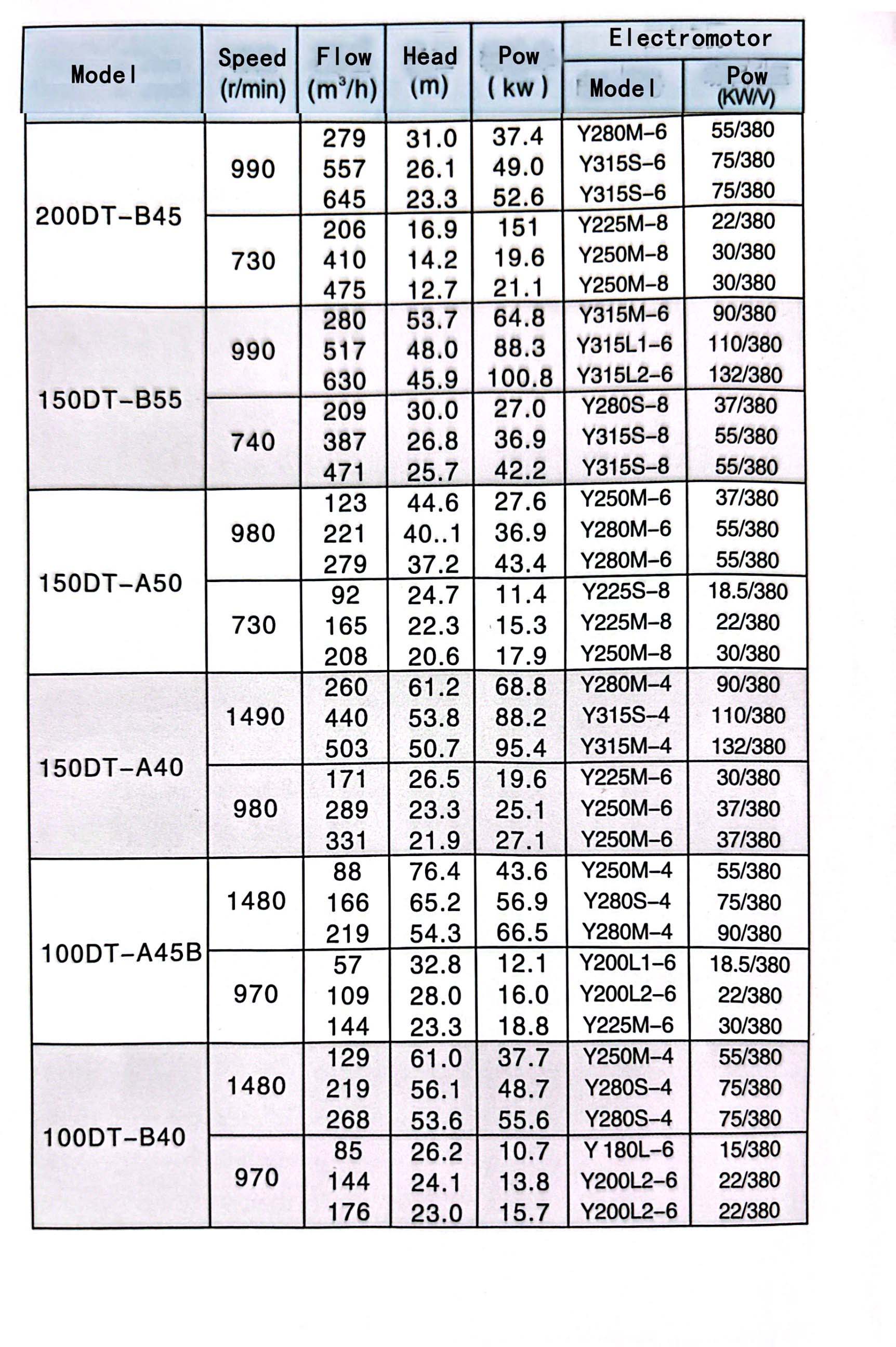English
- Afrikaans
- Albanian
- Amharic
- Arabic
- Armenian
- Azerbaijani
- Basque
- Belarusian
- Bengali
- Bosnian
- Bulgarian
- Catalan
- Cebuano
- Corsican
- Croatian
- Czech
- Danish
- Dutch
- English
- Esperanto
- Estonian
- Finnish
- French
- Frisian
- Galician
- Georgian
- German
- Greek
- Gujarati
- Haitian Creole
- hausa
- hawaiian
- Hebrew
- Hindi
- Miao
- Hungarian
- Icelandic
- igbo
- Indonesian
- irish
- Italian
- Japanese
- Javanese
- Kannada
- kazakh
- Khmer
- Rwandese
- Korean
- Kurdish
- Kyrgyz
- Lao
- Latin
- Latvian
- Lithuanian
- Luxembourgish
- Macedonian
- Malgashi
- Malay
- Malayalam
- Maltese
- Maori
- Marathi
- Mongolian
- Myanmar
- Nepali
- Norwegian
- Norwegian
- Occitan
- Pashto
- Persian
- Polish
- Portuguese
- Punjabi
- Romanian
- Russian
- Samoan
- Scottish Gaelic
- Serbian
- Sesotho
- Shona
- Sindhi
- Sinhala
- Slovak
- Slovenian
- Somali
- Spanish
- Sundanese
- Swahili
- Swedish
- Tagalog
- Tajik
- Tamil
- Tatar
- Telugu
- Thai
- Turkish
- Turkmen
- Ukrainian
- Urdu
- Uighur
- Uzbek
- Vietnamese
- Welsh
- Bantu
- Yiddish
- Yoruba
- Zulu
Telephone: +86 13120555503
Email: frank@cypump.com
Dec . 04, 2024 17:49 Back to list
radial flow pump
Radial Flow Pump Principles, Applications, and Advantages
Radial flow pumps are integral components of various industrial applications where fluid transfer and management are crucial. This type of centrifugal pump operates primarily based on radial flow dynamics, making it an efficient solution for moving liquids in various settings, from water treatment plants to chemical processing industries.
Working Principle
The core principle behind a radial flow pump is its ability to convert mechanical energy into hydraulic energy through the centrifugal motion of a rotating impeller. As the impeller spins, it imparts kinetic energy to the liquid, pushing it outward from the center to the periphery. This radial movement creates a lower pressure at the center, allowing fluid to enter the pump from the inlet. The liquid then leaves the pump at high velocity and with increased pressure through the discharge.
The pump's design typically consists of several key components an impeller, a casing, and various seals. The impeller's shape and size are critical in determining the pump's performance, including flow rate and head pressure. The casing, often volute-shaped, helps streamline the exiting liquid, converting its velocity into pressure as it exits the pump.
Applications
Radial flow pumps are widely used across various sectors due to their adaptability and efficiency. Some common applications include
1. Water Supply and Irrigation The pumps are extensively used for municipal water supply systems and agricultural irrigation, delivering high flow rates necessary for these applications.
2. Chemical Processing Radial flow pumps handle various chemicals in different states (liquid and slurry) due to their robust design. They are crucial for transporting corrosive fluids in chemical manufacturing.
3. Oil and Gas Industries In oil refineries and gas processing facilities, these pumps facilitate the movement of crude oil and other petroleum products.
4. HVAC Systems Radial flow pumps play a vital role in heating, ventilation, and air conditioning systems, ensuring efficient circulation of water for cooling and heating applications.
radial flow pump

Advantages
The radial flow pump offers several advantages that make it a preferred choice for many industries
- High Efficiency These pumps are known for their efficient fluid transfer capabilities, particularly at moderate flow rates. Their design minimizes energy losses, optimizing operational efficiency.
- Versatility Radial flow pumps can handle a wide range of fluids, including clean water, slurry, and various chemicals, making them adaptable to many industrial processes.
- Simplicity in Design The straightforward design of radial flow pumps results in easier maintenance and repair, reducing downtime and overall operational costs.
- Scalability Their design allows for scalability in terms of size and power rating, making them suitable for small to large-scale applications.
- Constant Flow Rates Radial flow pumps maintain consistent flow rates, which are essential for processes requiring precise control of fluid transfer.
Conclusion
In conclusion, radial flow pumps are a vital part of many industrial systems, providing efficient and reliable fluid transfer solutions. Their unique operational principles and design features make them suitable for a broad range of applications. As industries continue to evolve and demand more efficient pumping solutions, the radial flow pump will undoubtedly remain a key player in ensuring effective fluid management across various sectors. Understanding their functionality, applications, and advantages can aid engineers and operators in selecting the right pump for their specific needs, ultimately leading to better operational efficiency and reduced costs.
-
ISG Series Vertical Pipeline Pump - Chi Yuan Pumps Co., LTD.|Advanced Hydraulic Design&Energy-Efficient Solutions
NewsJul.30,2025
-
ISG Series Vertical Pipeline Pump - Chi Yuan Pumps Co., LTD.
NewsJul.30,2025
-
ISG Series Vertical Pipeline Pump - Chi Yuan Pumps Co., LTD.|energy-efficient fluid handling&industrial durability
NewsJul.30,2025
-
ISG Series Vertical Pipeline Pump - Chi Yuan Pumps | Advanced Engineering&Industrial Efficiency
NewsJul.30,2025
-
ISG Series Pipeline Pump - Chi Yuan Pumps | High Efficiency, Energy Saving
NewsJul.30,2025
-
ISG Series Vertical Pipeline Pump-Chi Yuan Pumps|High Efficiency&Reliable Performance
NewsJul.29,2025










